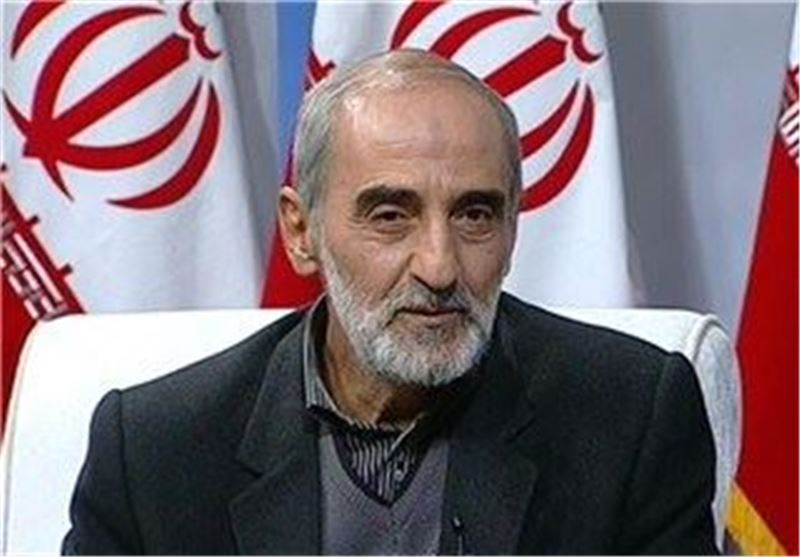In a new article titled “Why Have You Allowed the ‘Parallel Government’ to Operate?” Hossein Shariatmadari, the managing director of Keyhan newspaper, elaborated on the reasons for his previous statements regarding the confiscation and seizure of the management of platforms such as Snapp, Digikala, and others. IDEA
Less than two weeks ago, on August 12, 2023, in an article titled “Virtual Platforms or Parallel Government?!,” the managing director of Keyhan wrote that some of the country’s startup platforms have turned into a parallel government, disregarding the country’s current laws and not contributing any capital to the field. He called for the competence to be revoked and ownership and management of online service platforms, including Tap30, Digikala, Snapp, Taqche, Divar, Filimo, Rubika, Aparat, and others, to be handed over to committed individuals and put under government supervision. According to Keyhan’s managing director, whispers about achieving this desire are heard among officials.
Now, in his new article published on August 22, 2023, Hossein Shariatmadari wrote, “Which democratic government do you know of that gives rise to and allows the activity of a ‘parallel government’?! The activities of law-evading platforms, whose ties to Iran’s enemies are obvious, pose a serious challenge to healthy and useful platforms that are far superior to affiliated platforms. Why should the management of these platforms not be placed under government supervision and entrusted to qualified individuals?! There are more to be said on this matter, and we will address it on another occasion.”
In his new article, the managing director of Keyhan says that a significant number of the managers of nearly 400 active platforms in Iran are not public-minded individuals!
He referred to critics of his previous article as two groups. The first group consisted of individuals who saw Keyhan’s proposal regarding the need for oversight of virtual platforms as conflicting with their own vested interests worth tens or hundreds of billions, without paying attention to the essence of the matter.
The second group, in Shariatmadari’s view, included some figures and individuals within the revolutionary front who, unfortunately, had misinterpreted the issue and, almost without considering the core of the matter, had repeated the distorted claims of the first group, albeit in a polite and sympathetic manner.
Over the past two weeks since the publication of Shariatmadari’s first article, government figures, including Isa Zare’pour, Minister of Communications, Ehsan Khandouzi, Minister of Economy, and Mojtaba Tavangar, head of the Parliament’s Knowledge-Based and Digital Economy Committee, have reacted to Shariatmadari’s article but did not express the government’s official position on the country’s startup ecosystem.
Five days ago, the Tehran Electronic Commerce Association, in response to Shariatmadari’s recent article, called on responsible institutions to take action against “non-expert, unreal, and unlawful opinions.” The association emphasized, “We will continue on our path.




No Comment! Be the first one.